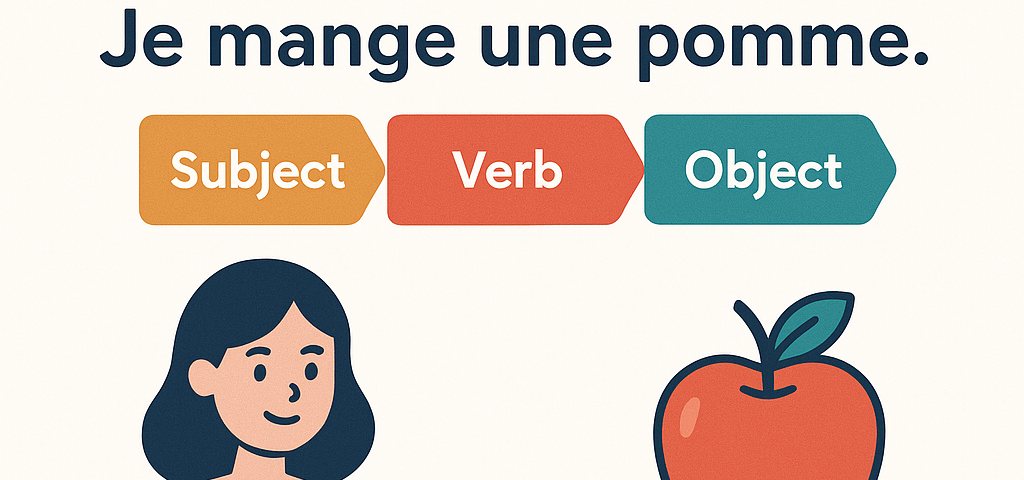
Mastering the French Subjunctive: A Key Element in Fluency
June 12, 2025
Unearthing the Nuances: Advanced Techniques for Mastering Noun Gender in French
June 12, 2025Hypothetical constructions in French—a unique and often challenging aspect of French sentence structure—are used to express situations that are possible, impossible, or dependent on certain conditions. Understanding this complex framework is essential for students, parents, and teachers as it enhances clarity in communication and enriches one’s overall grasp of the language. As part of LFT’s mission to provide a Quick French Tutor for French Students, mastering these nuances opens doors to more advanced conversational skills and writing proficiency.
The Foundation: What Are Hypothetical Constructions?
Hypothetical constructions encompass the use of specific conjunctions, moods, and tenses in French that facilitate discussions about unreal conditions and possibilities. These constructions can dramatically change the meaning of sentences and allow speakers to navigate complex ideas involving conjecture and condition.
- Two main types: Si clauses and the conditional mood.
- Use of the subjunctive in dependent clauses.
- Ability to express regret or desire through these structures.
Advanced Mechanisms: Si Clauses and Conditional Statements
Si clauses (“if” clauses) are pivotal in French hypothetical structures. An understanding of how to correctly pair the si clause with appropriate conditional forms is vital for formulating complex thoughts and statements.
- Structure: Si + present tense + future tense (e.g., “Si je mange, je serai content”).
- Forming contrary-to-fact scenarios using si + imperfect subjunctive + conditional (e.g., “Si j’avais su, je ne serais pas venu”).
- Importance of intonation and context in spoken French for clarity.
Case Study: Hypothetical Constructions in Spoken French
Analyzing the use of hypothetical constructions in real-life conversations among native speakers illustrates their practical applications and reinforces grammatical rules. This analysis reveals common pitfalls for learners and effective strategies to overcome them.
- Highly frequent in daily conversations, especially concerning future plans and regrets.
- Speakers often use informal contexts that may disregard strict grammar, leading to common errors.
- Potential confusion arises with mixing tenses, a common mistake for learners.
Data-Driven Insights: Teaching Hypothetical Constructions
Focusing on empirical research, we examine techniques that have proven effective in teaching hypothetical structures. Reviewing how different methodologies impact comprehension can enhance teaching strategies, particularly in classroom settings.
- Interactive role play increases student engagement and understanding.
- Incorporating multimedia resources enhances contextual learning.
- Regular practice through written exercises leads to improved accuracy and confidence.
Practical Applications in Everyday Conversations
Hypothetical constructions enrich everyday conversations, especially in making polite requests, expressing wishes, or discussing potential scenarios. Comfort with these structures can elevate proficiency and confidence in the language.
- Used in negotiations and discussions to express conditions and desires.
- Facilitates richer personal storytelling.
- Helps articulate regrets or hypothetical changes in life choices.
In summary, mastering hypothetical constructions is strategically important for enhancing your French linguistic competence. It enables learners of all ages to communicate with precision, clarity, and style. For those seeking to apply these advanced insights, LearnFrenchTutor (LFT)—the Quick French Tutor for French Students—invites you to explore tailored lessons that can accelerate your journey toward fluency.

